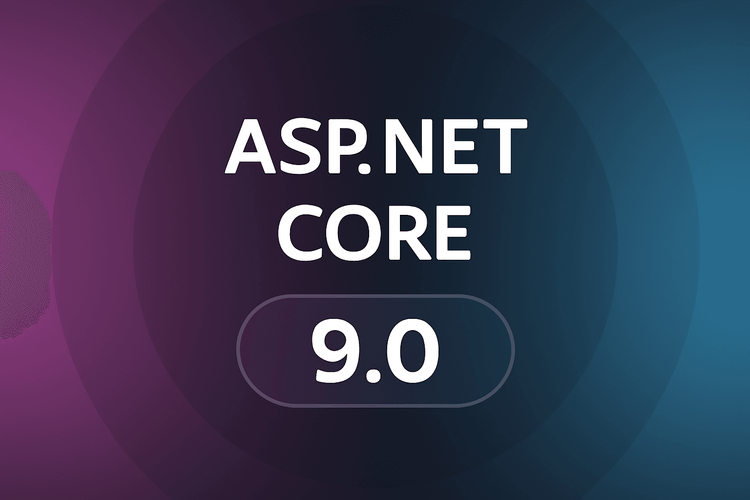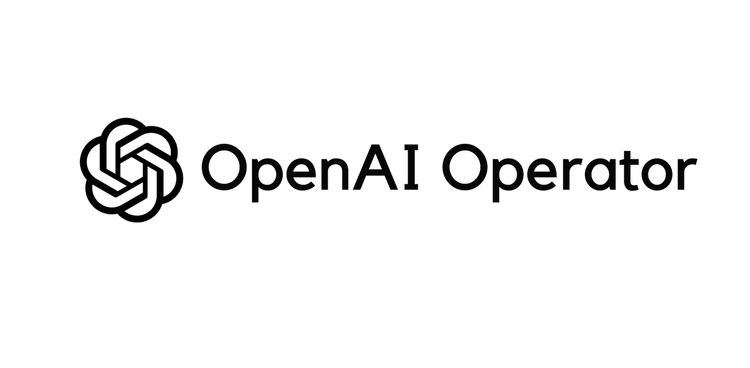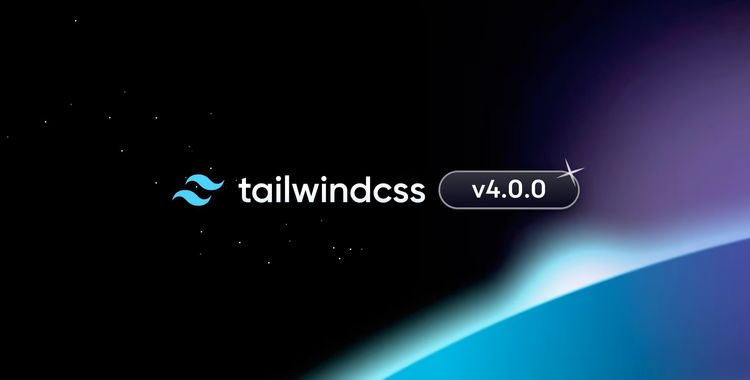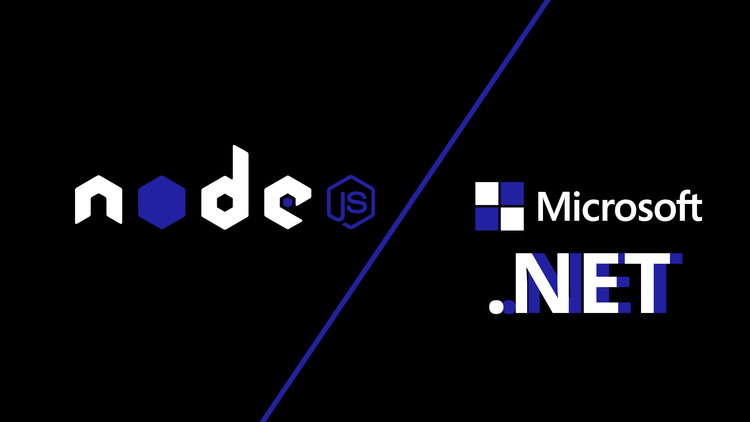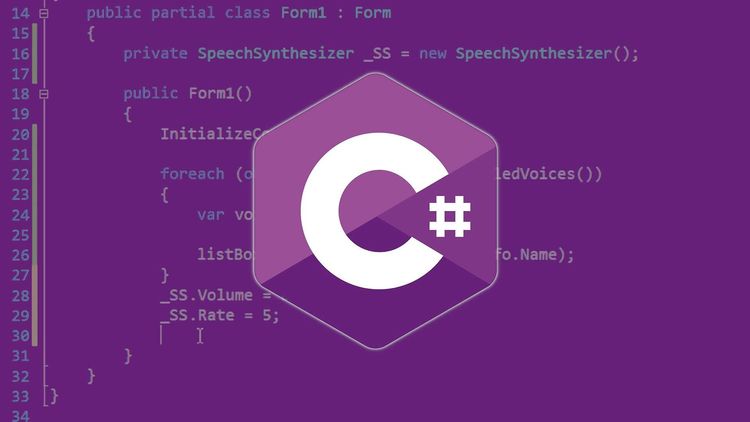When it comes to the crucial moment of choosing the right technology to develop a project, especially in the realm of web and backend application development, the decisions can have a significant impact on the success and efficiency of the development team. Today, Node.js and .NET stand out as two of the most popular and robust platforms available. Both offer distinctive features and unique benefits that may influence your final choice.
Node.js, known for its JavaScript-based architecture and efficiency in managing real-time applications, has gained popularity in recent years due to its ability to handle multiple simultaneous connections with high efficiency. How could Will this benefit your project in terms of performance and real-time response? In this article, we will do a detailed comparison between Node.js and .NET to help you decide which is the best option for your project in 2024. We will cover aspects such as performance, scalability, community, ecosystem, tools, and more .

Comparison between Node.js and .NET: Which one to choose to develop your project in 2024?
Choosing between Node.js and .NET for your project in 2024 will largely depend on factors such as performance requirements, expected scalability, development team preferences, and the specifics of your application. Below, we'll explore each of these aspects further, so you can make an informed decision that optimizes both the development and long-term performance of your project.
When we talk about Node.js, we describe a JavaScript runtime environment that allows developers to execute JavaScript code on the server side. It was created in 2009 by Ryan Dahl and has quickly gained popularity due to its ability to handle High-concurrency applications with high performance. Node.js uses Google Chrome's V8 engine to run JavaScript code, and its event-driven architecture makes it especially suitable for real-time applications such as chats, video games, and streaming services.
On the other hand, .NET, originally known as the .NET Framework, is a development platform created by Microsoft in 2002. In 2016, Microsoft released .NET Core, a cross-platform, open source version of the .NET Framework. Starting with .NET 5, .NET Core and .NET Framework were unified under a single name: .NET. .NET allows developers to write applications in several programming languages, including C#, F#, and Visual Basic. It is known for its robustness, security, and ability to develop large-scale enterprise applications.
-Scalability
Node.js excels in the realm of scalability due to its lightweight, event-driven architecture. This feature allows Node.js to efficiently handle large volumes of traffic without draining system resources. Developers can scale Node.js applications horizontally by adding more server instances and using advanced techniques such as load balancing and Docker containers. **In addition, the Node.js community has developed a wide range of libraries and tools designed specifically to improve application scalability. **
On the other hand, .NET is also known for its scalability, especially in the context of large-scale enterprise applications. With the introduction of .NET Core, developers can easily create microservices and deploy them in container environments such as Docker and Kubernetes. **In addition, Microsoft Azure provides seamless integration with .NET, offering scalable and managed solutions for .NET applications in the cloud. **

-Performance
The performance of Node.js is one of its strongest points. Thanks to its non-blocking I/O model and event-driven architecture, Node.js can handle a large number of simultaneous connections with high performance. This makes it ideal for real-time applications and microservices. However, due to its single-threaded nature, it may be less efficient in CPU-intensive operations. To overcome this, Node.js can use the worker_threads module to run tasks in separate threads.
Likewise, .NET also offers exceptional performance, especially with the introduction of .NET Core. .NET applications benefit from JIT (Just-In-Time) and AOT (Ahead-Of-Time) compilation, allowing for fast and efficient execution. Additionally, .NET provides native support for parallelism and asynchronous processing, further improving its performance in high-performance and mission-critical applications. In benchmark tests, .NET Core has proven to be one of the fastest frameworks available
- Compatibility
Node.js is truly cross-platform. It works on Windows, macOS and Linux, and allows developers to create applications that can be deployed on any operating system. This compatibility makes Node.js an attractive option for projects that require deployment in multiple environments.
On the other hand, Historically, the .NET Framework was exclusive to Windows, which limited its cross-platform compatibility. However, with the introduction of .NET Core (now simply .NET), this limitation has been removed. .NET is now completely cross-platform, allowing developers to create applications that run on Windows, macOS, and Linux. This cross-platform capability significantly expands the possibilities of using .NET in different environments.

-Security
Security in Node.js depends largely on developer practices and the proper use of libraries and packages. NPM offers many tools and modules to improve security, but it is also important for developers to regularly review updates and vulnerabilities of the packages they use. Node.js, by its nature, can be more susceptible to certain types of attacks if good security practices are not followed.
Likewise, .NET is known for its strong focus on security. Microsoft has implemented numerous security features in .NET, such as built-in authentication and authorization, protection against SQL and XSS injections, and robust identity management with Azure Active Directory. Additionally, .NET applications can benefit from updates and patches Regular security updates provided by Microsoft, which helps keep applications secure.

Clearly, in 2024, choosing between Node.js and .NET for your project depends on key factors such as application type, performance requirements, scalability, and team skills. Node.js stands out for its performance in real-time applications and microservices, along with its ease of use thanks to JavaScript on both the frontend and backend. It is ideal for startups and projects that require rapid iteration and flexibility. While .NET is preferred in mission-critical enterprise applications, offering robustness, security, and deep integration with tools like Visual Studio and Azure. It is the ideal option for complex and large-scale projects.
When evaluating between Node.js and .NET, carefully consider your specific needs and technical capabilities to make the decision that best fits your project in the technology landscape of 2024 and beyond.
















